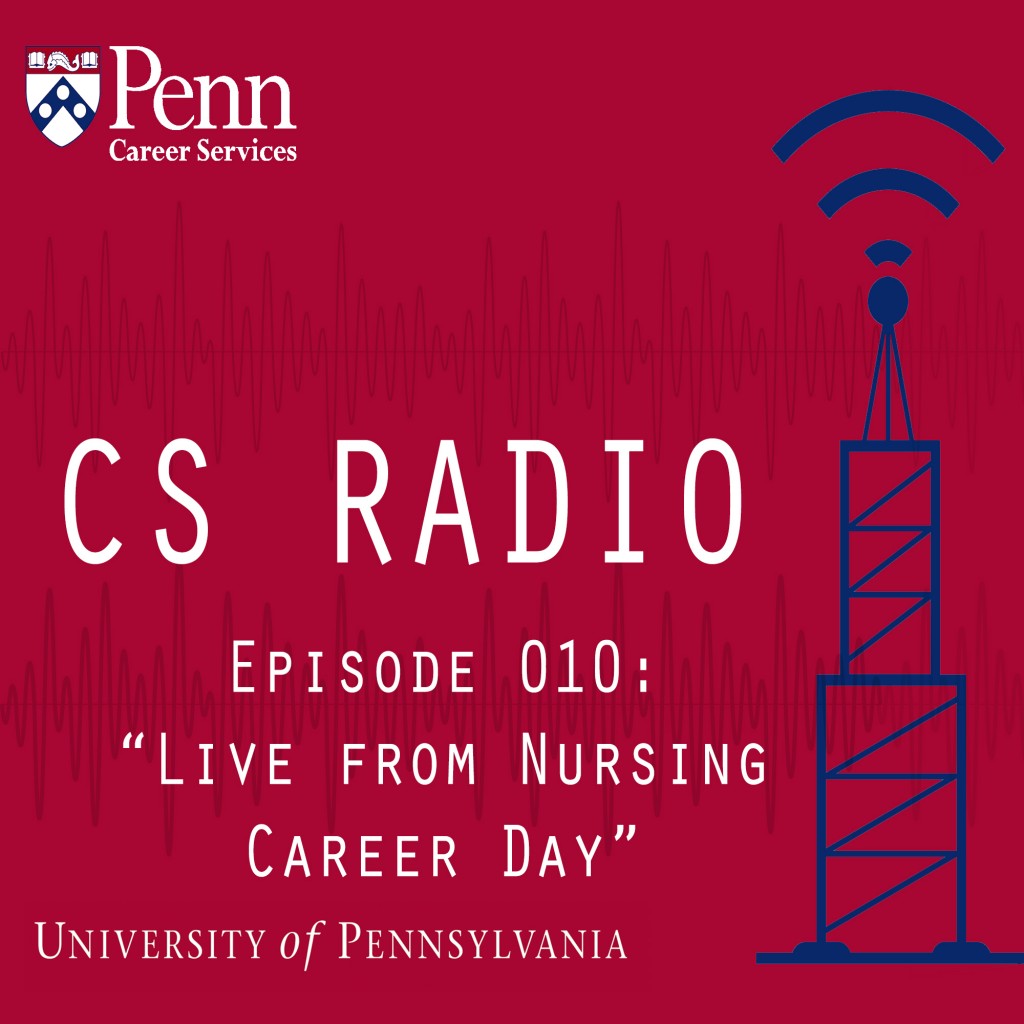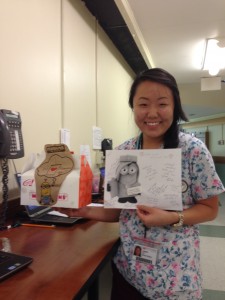This is the next in a series of posts by recipients of the Career Services Summer Funding grant. We’ve asked funding recipients to reflect on their summer experiences and talk about the industries in which they’ve been spending the summer. You can read the entire series here.
This blog is by Victoria Duttweiler, Nursing ’15
Have you ever been asked a question that you have no idea how to even begin answering? Coming back to Penn after this summer, I have experienced this over and over. I was given the incredible privilege to complete my community clinical rotation in Gaborone, Botswana during the second half of this summer and just about everyone who knew about my summer plans has approached me with an excited “How was Africa?!?!” upon reunion. While I’m certain every query came from a place of genuine interest and desire to hear about my experiences, I was often left fumbling for words. I struggled to compress the entire rotation into a few simple words and was caught off guard when asked to report on the status of an entire continent. Responding with a quick, “It was amazing! How was your summer?” just didn’t seem to cut it. I was often tempted to glamorize my trip or use it to make myself seem more “exotic” or “cultured” than I actually am. In reality, my summer included far more than my excursion to far off lands and the part in Botswana was more disappointing and challenging than I expected or wanted.
This summer didn’t shape up to be quite like my normal or expected break from school. Past summers have trained me to return home to my close-knit family, find a mediocre job, and spend time off catching up with friends, playing with our dog, and starting (and sometimes finishing) random art projects I stumble across on Pinterest. Although I’ve always wanted to use my nursing degree to live with, care for, and equip people in developing nations, I’d never set foot outside US soil. This summer seemed to be my last chance to make my way off the east coast and see if international healthcare was really for me before entering the “real world” after graduation. After getting accepted into the Botswana study abroad program, my plans for the summer started to take a different form than I expected. I would live in Fishtown with my roommate from school and a family from church while taking my community clinical lecture and lab before heading to Gaborone to complete the clinical portion of the course. While I dearly love Philadelphia and immensely enjoyed spending more focused time with friends from the area, it wasn’t quite home. My “normal summer” had been disrupted by lectures with intimidating strangers, a 45 minute SEPTA commute to campus, baked asphalt that makes the humid heat seem ten times worse, and continuing to develop a new definition for “home” – in short, I was placed firmly outside my comfort zone.
My grip on the edges of my comfort zone continued to slip as the summer clock ticked away. As I boarded the plane that would take me to a country in the southern region of Africa, I was surprisingly calm. But in the days after arrival and getting settled, I realized that I had gotten myself in way over my head in a country I had no frame of reference for, with people I could barely say were acquaintances, in a clinical setting that I had very little working knowledge of. Needless to say, the first couple weeks were incredibly difficult – learning how to work past my stereotypes of what “Africa” was and letting Botswana define itself, how to live in close proximity with people who are incredibly different from my introverted alone-time-loving self, and coming to the conclusion that my presence in the clinic was not only unnecessary, but a burden. I entered the trip with what I now realize was a masked hero complex. From my vantage point as an American, international healthcare was all about us going in and saving struggling countries. While there are is a lot of brokenness in the Batswana healthcare system, I found a completely different and unexpected story at the women’s health clinic. The nurses and doctors were incredibly competent in their medical knowledge and skills, more caring towards their patients than many doctors and nurses in the US, and more innovative and resilient than would be required of most American healthcare professionals as they dealt with supply shortages and challenging circumstances. I quickly realized that I had very little to offer other than an eagerness to learn, time and hands to input data and pass instruments, and a body to get in the way. Despite the inconvenience of our ignorance, they not only instructed us on the logistics of the clinic and patiently explain procedures a million times over, but went out of their way to smother us with kindness and welcome us as family. I can confidently say that the women of the clinic are some of the most passionate, kind and joyful people I’ve ever had the privilege of meeting and working with.
I went to Botswana expecting to be a hero and use my elite Ivy league education to change lives, but left having met the real heroes and with my own life changed. I was incredibly humbled to see my own arrogant attitude towards countries that seem worse off than the US and realized that although we may have incredible technology and training, sometimes genuine kindness and a make-it-work attitude are more crucial than all the technology in the world. I learned that the simplest things are often the most profound, and that God is still present (maybe more present) way outside my comfort zone. So if you ask “How was Africa?,” be prepared for stories of crushed expectations, undeserved kindness, and hope in the face of difficulty from the beautiful country of Botswana.



